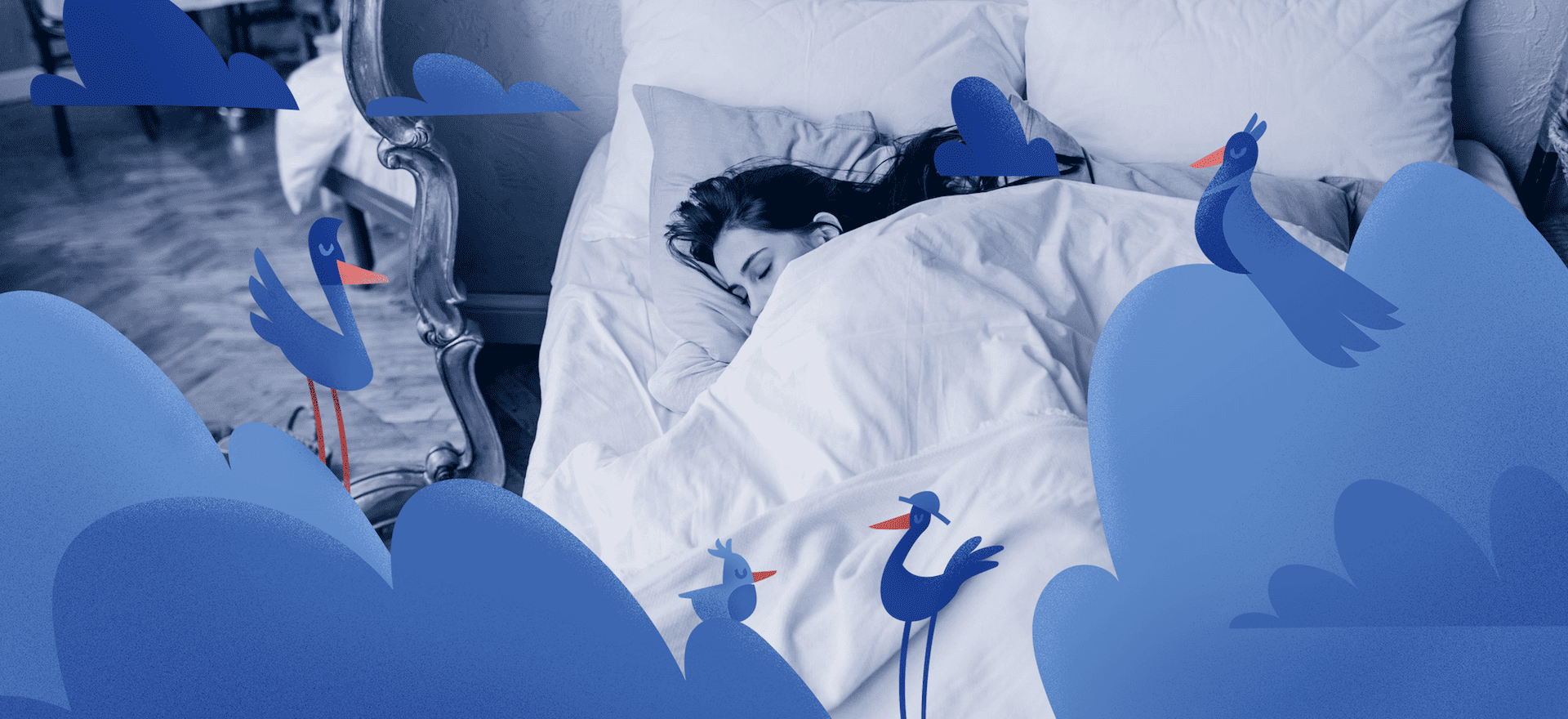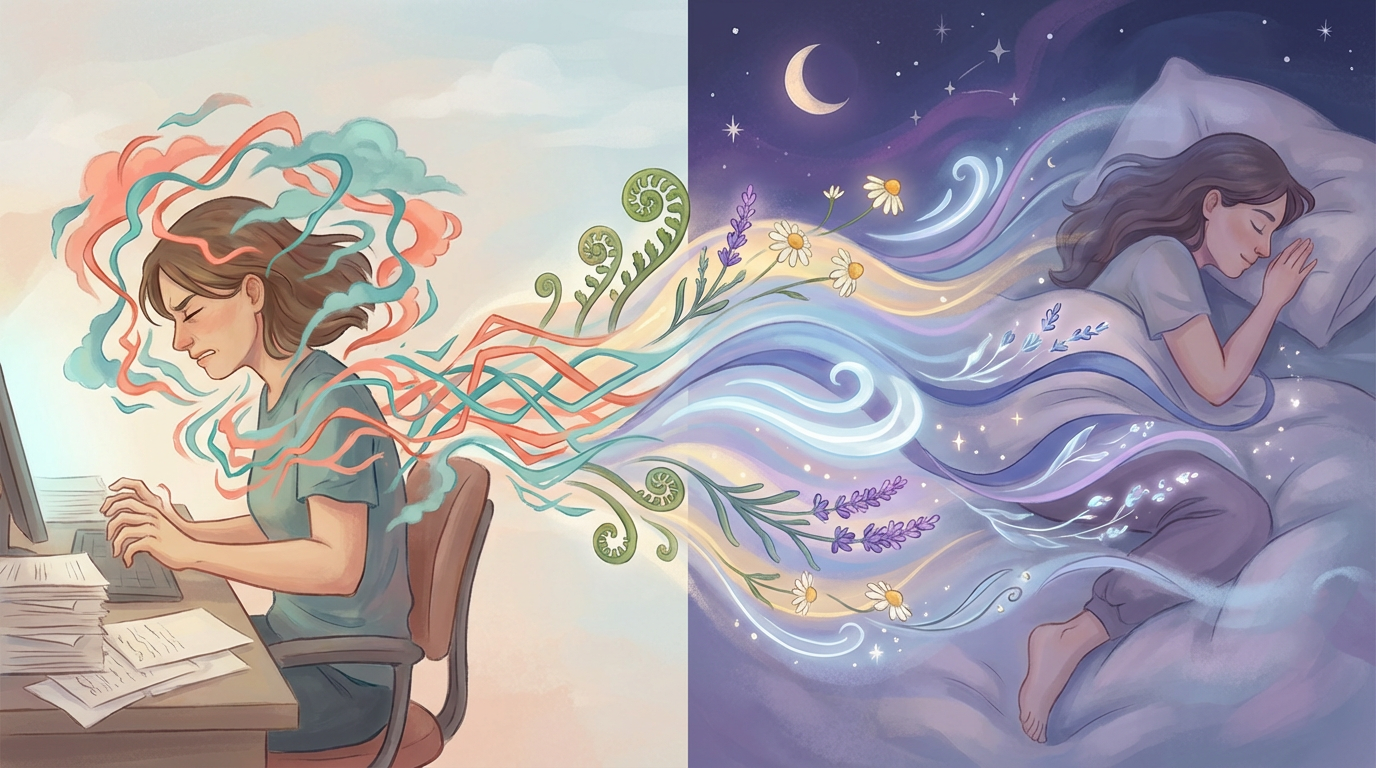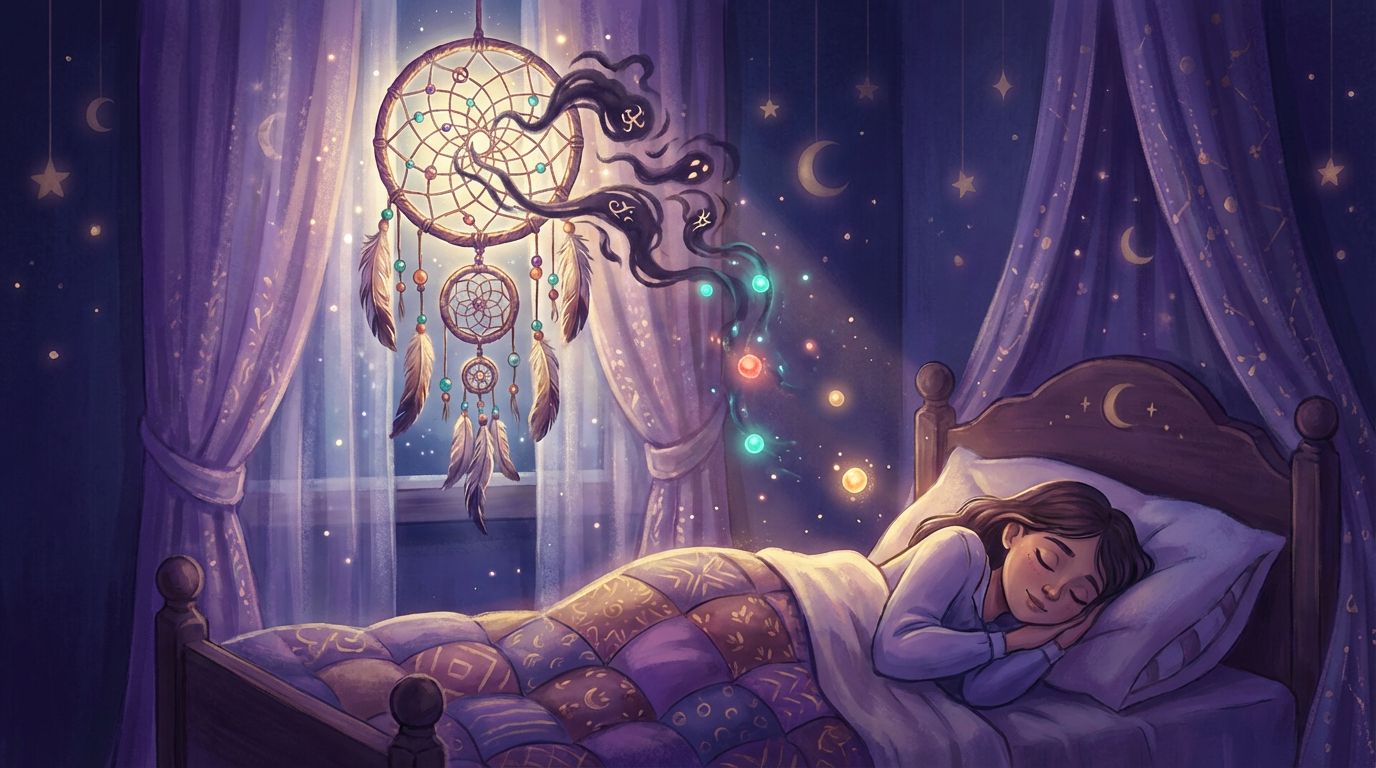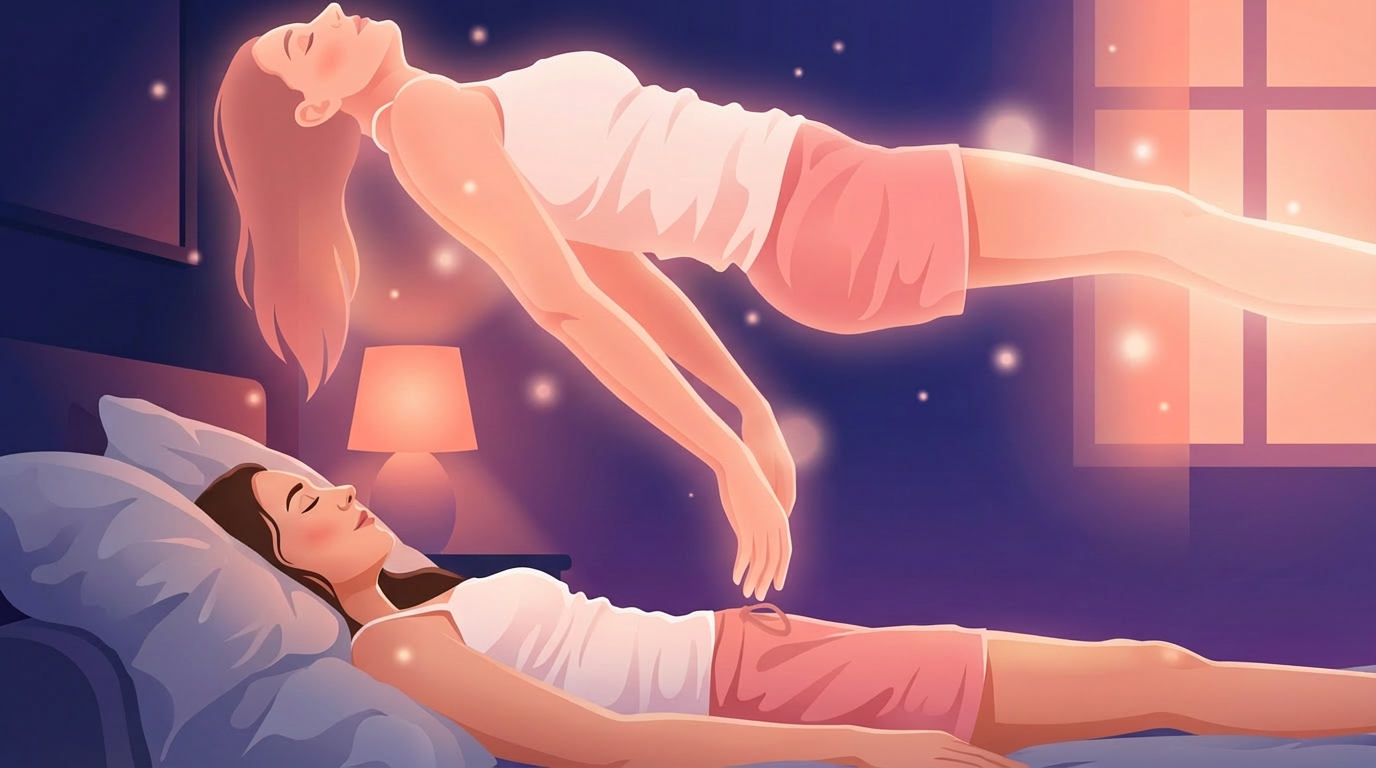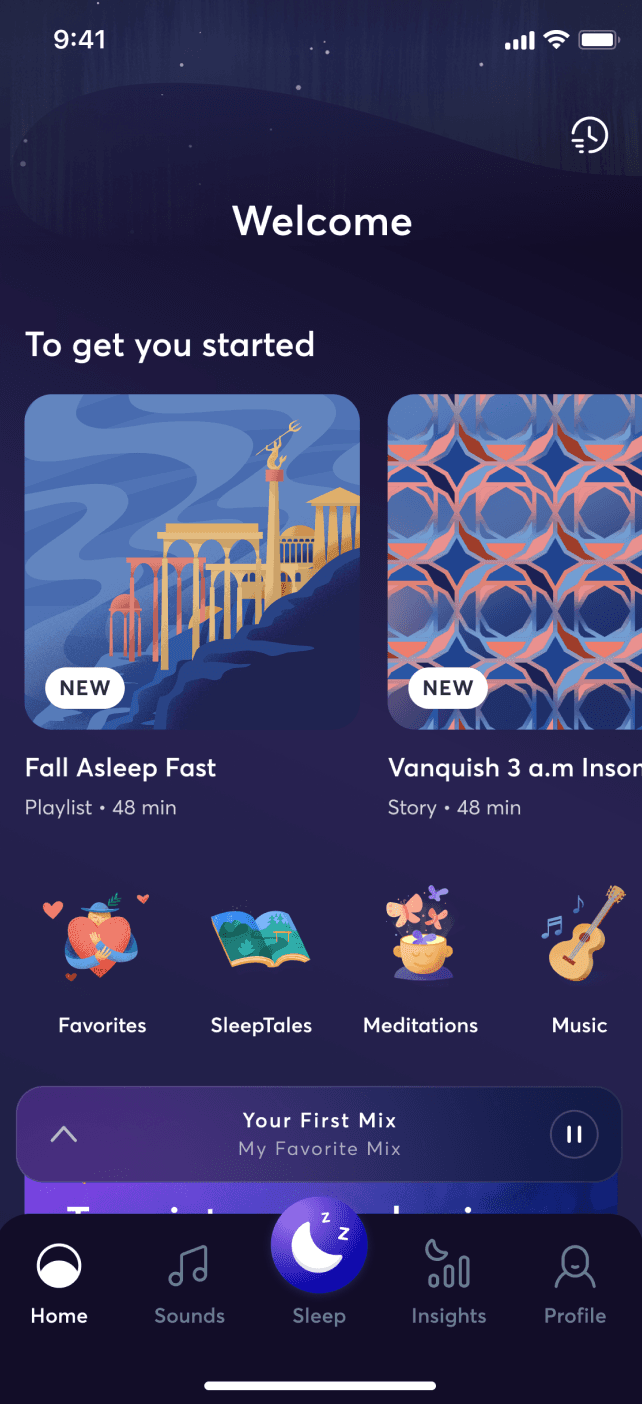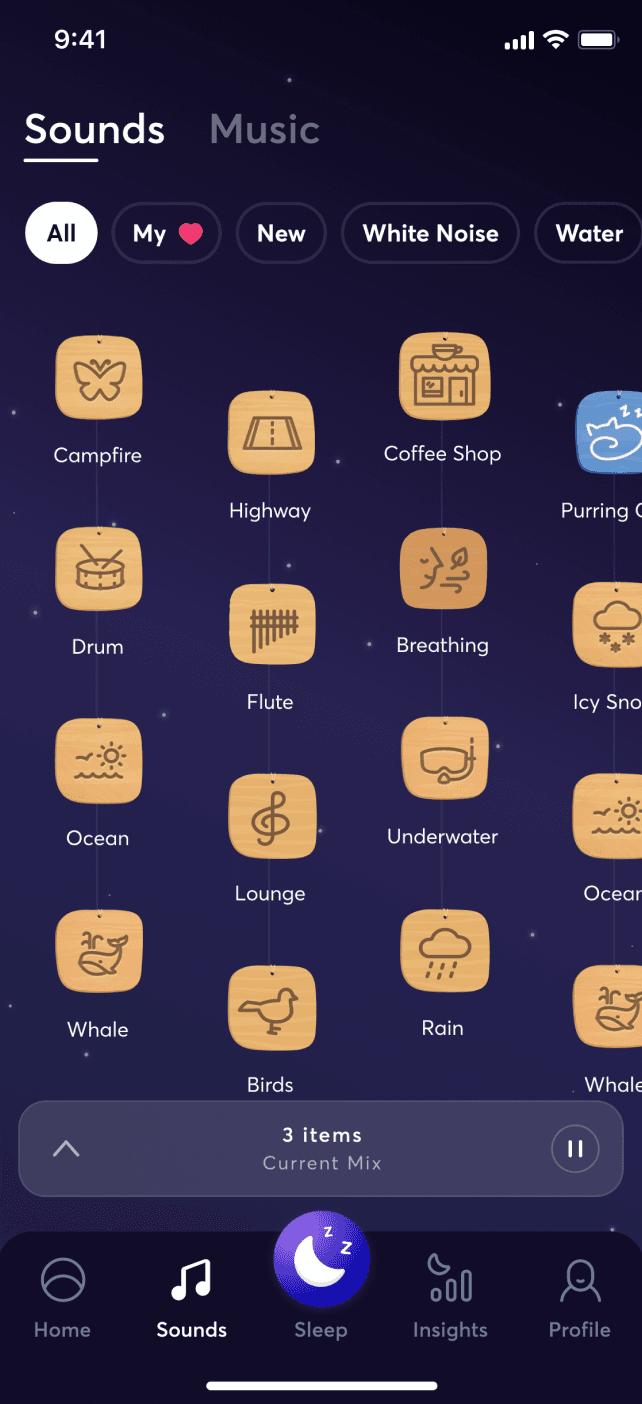
Lesser known signs of ADHD
You might know ADHD as making concentration, sitting still, and generally paying attention more difficult than for the average person. Even if these are things we all experience from time to time, ADHD is where they’ve become chronic. Short for Attention Deficit Hyperactive Disorder_, it’s a condition that can be diagnosed during childhood or adulthood. ADHD symptoms include fidgeting, interrupting, frequently losing items, hypersensitivity to criticism, and general hyperactivity.
Although we tend to associate ADHD with certain specific traits, there are many more subtle ones that we might miss if we don’t look hard enough. This is known as the ADHD Iceberg, and in that sense, the majority of symptoms for the disorder are actually found underwater.
Here are some signs of ADHD you might not have known about, and how they can affect one’s everyday life and sleep hygiene.
Hyperfixation
At first glance, you’d think this is the last thing you’d associate with ADHD. However, hyperfixation—also known as hyperfocusing—is an incredibly common symptom. Even if many things in life are hard to focus on at once, people with ADHD can also spend a great deal of time staying laser-focused on something specific. If not careful, hyperfixating on a specific thing can cause a person with ADHD to lose track of time altogether.
Disorganization
If you feel like you can’t prioritize tasks properly, keep things neat and tidy in your environment, or have frequent trouble finding items in your home, there’s a chance you may have ADHD. Being disorganized is a common symptom for adult ADHD in particular, and can entail being messy (e.g. having items all over the place and cluttering their home), unable to structure and prioritize things in life, and prone to procrastination when things need to get done.


Indecisiveness
Though many of us have had moments where we go to a restaurant and spend ages trying to decide what to order, those with ADHD are especially vulnerable to indecision. Oftentimes, this means anxiety about making choices in case they don't turn out to be the right ones, constant second-guessing, overthinking, impulsivity, and procrastinating on making a decision. In many cases, those with ADHD don’t feel confident in their own instincts or decision-making abilities, feeling more relaxed when others help make those choices for them.
Time blindness
Another common trait for those with ADHD is difficulties with time management. This is indicative of being frequently unable to keep track of certain tasks, or being timely with them. It can also be indicative of frequent tardiness and/or procrastination. ADHD can also cause ‘time blindness’, which is where those with the disorder aren’t able to process time normally, and can’t sense how much time has actually gone by. Time blindness can also lead to frequently losing track of time, missing deadlines, difficulty remembering when a past event happened, or misjudging how much time something will take.
All-or-nothing thinking
Cognitive distortions in general are often associated with ADHD. For some, this manifests into all-or-nothing thinking, also known as ‘splitting’, or black-and-white thought patterns. Instead of acknowledging the nuances and grey areas in life, all-or-nothing thought patterns tend to view situations as all good or all bad. Those with ADHD can find themselves in a vicious cycle with these thought patterns, as the ADHD brain can be consumed by them and not be able to complete certain tasks for fear of failure.
Difficulty sleeping
Last but not least, ADHD is a disorder that can have a significant impact on getting a good night’s sleep. Insomnia, restlessness (such as tossing and turning), and racing thoughts can all be issues for those with ADHD. In fact, as many as 50% of those with the disorder experience issues with their quality of sleep. Trouble with cognitive functioning such as memory and concentration can be worsened by poor sleep hygiene. Difficulties with sleep for those with ADHD can even manifest themselves as early as puberty.










